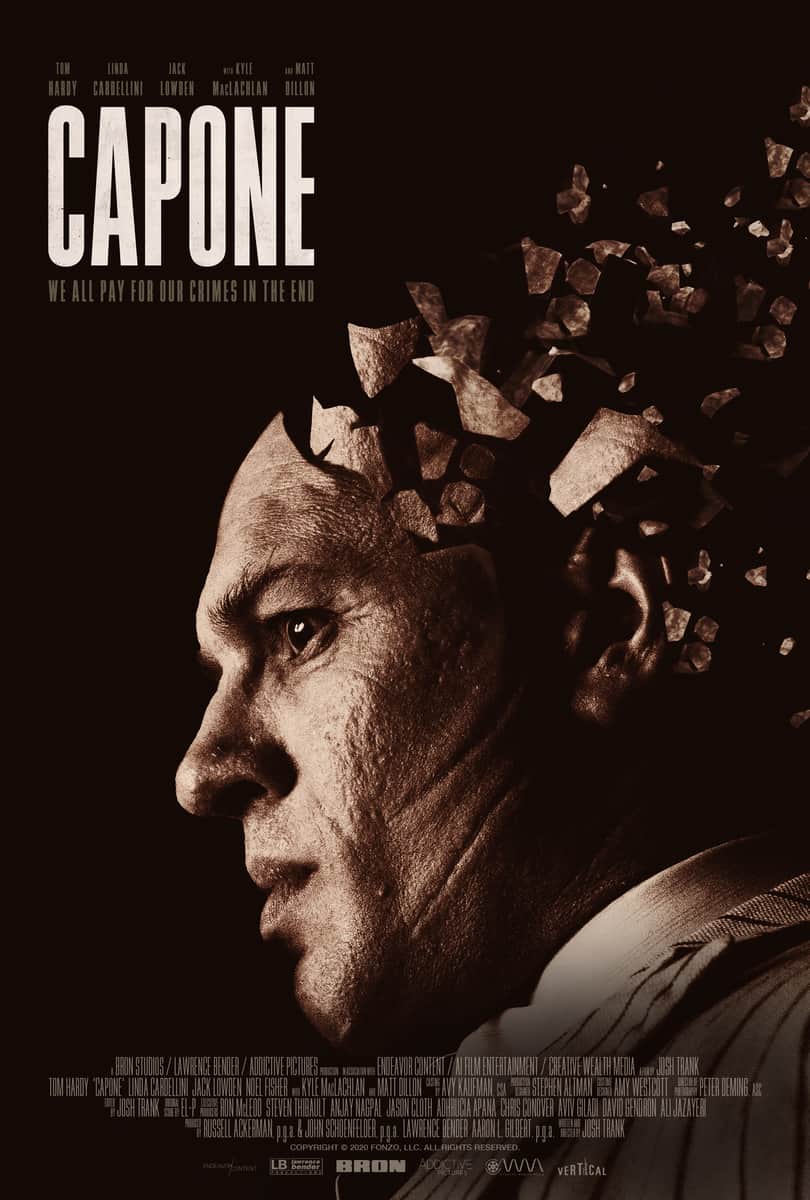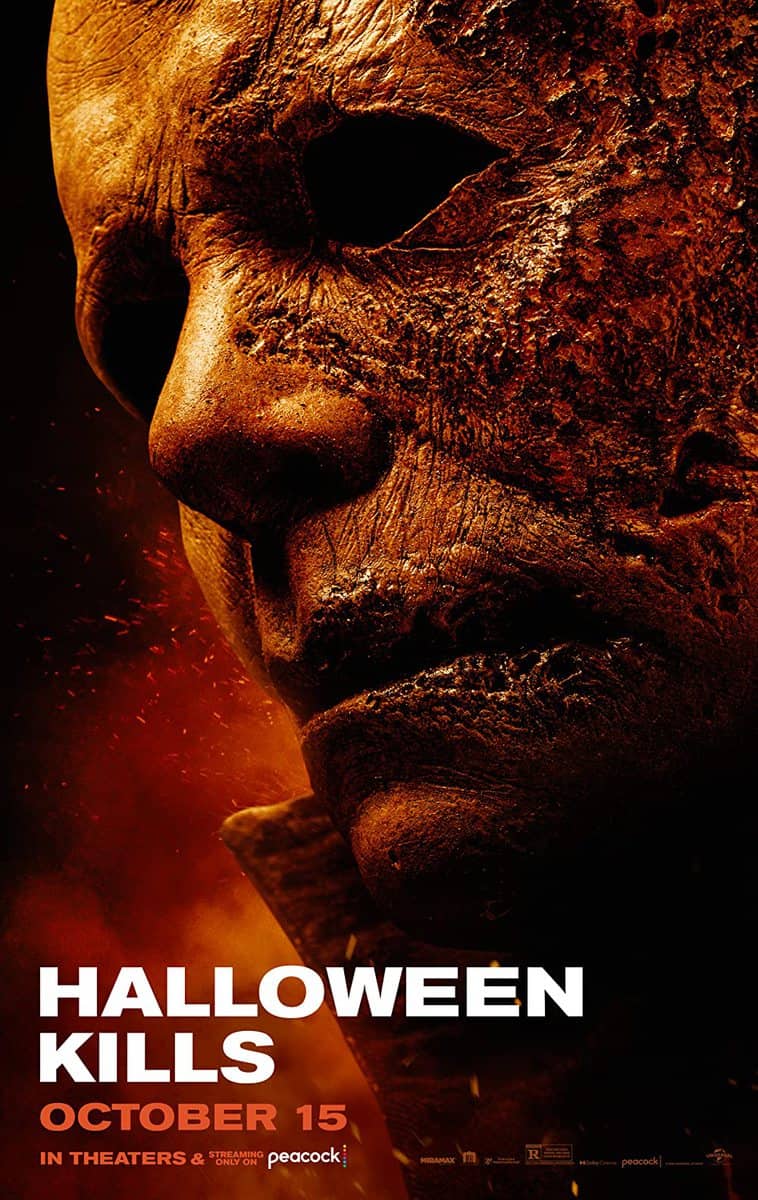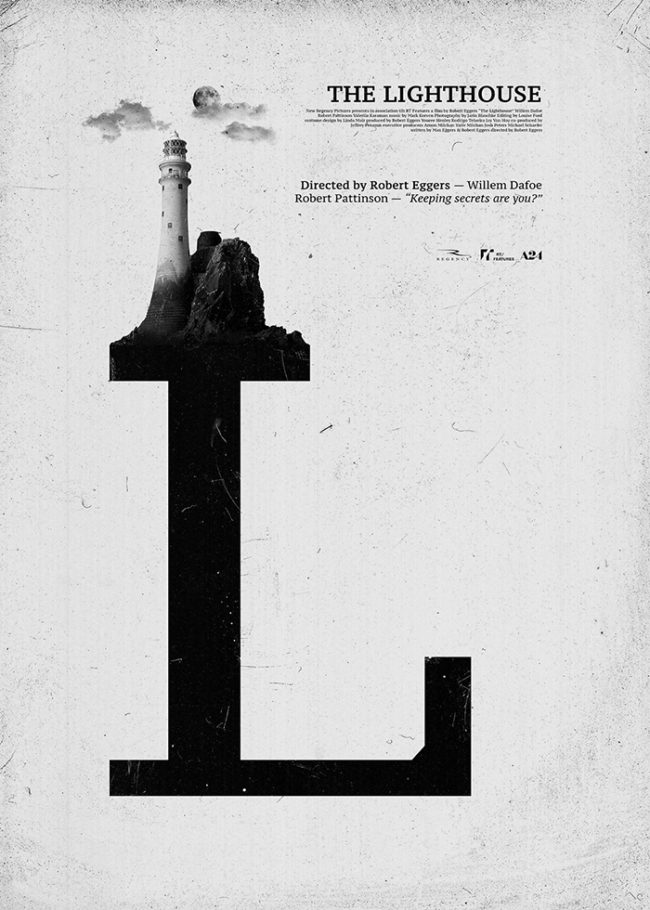
Sometimes the critical and commercial failure of a film can overshadow its strong points. Such is the case with Capone, whose score by legendary rapper and produce El-P is among the film’s saving graces.
I was, admittedly, cautious of how he would perform in his first role as a solo film composer (with his prior public attempt being an ultimately rejected pitch for Blade Runner 2049). My apprehension, it turns out, was comply unwarranted.
The movie shows the last year of Al Capone’s life as he struggles with neurosyphilis. We watch as the dark memories of his past actions slowly overtake what’s left of his psyche. Capone moves through infirm lucidity, bouts of rage, and debilitating terrors, all of which taint and destroy his reality. It is this motif – the decay of sanity – that El-P’s score most strongly embodies.
The score first noticeably emerges a dozen minutes into the film, accompanying the opening title sequence. It is a droning, lethargic haze that dulls the otherwise glamorous shots of Capone’s mansion and priceless statues; a pox on his wealth and estate.
The most intriguing scene appears late in the film, with the score taking center stage. Capone completely succumbs to the trauma of his memory, drawing the viewer into the warped horror of his past. The score’s cacophony is an endless sensory assault, made more dynamic by the slow introduction of an eerie rendition of Louis Armstrong singing “Blueberry Hill.” Like Capone, we long to awake from this nightmare, but El-P won’t allow it. Eventually the clouds part and the music brings comfort and warmth amidst the delusions.
Unfortunately, the film tends to rely on the combination of silence and diegetic period music. The score mainly heralds the onset of Capone’s episodes or otherwise serves as just another ingredient in a sound design that borders on horror. While still functionally effective, it fails to have the same profound impact as, for example, the Armstrong-nightmare-sequence.
The score embodies Capone, and in so doing showcases El-P’s natural talent for film composition. Hopefully it leads to more opportunities for his unique voice and keeps the door open for future unorthodox composer choices.


